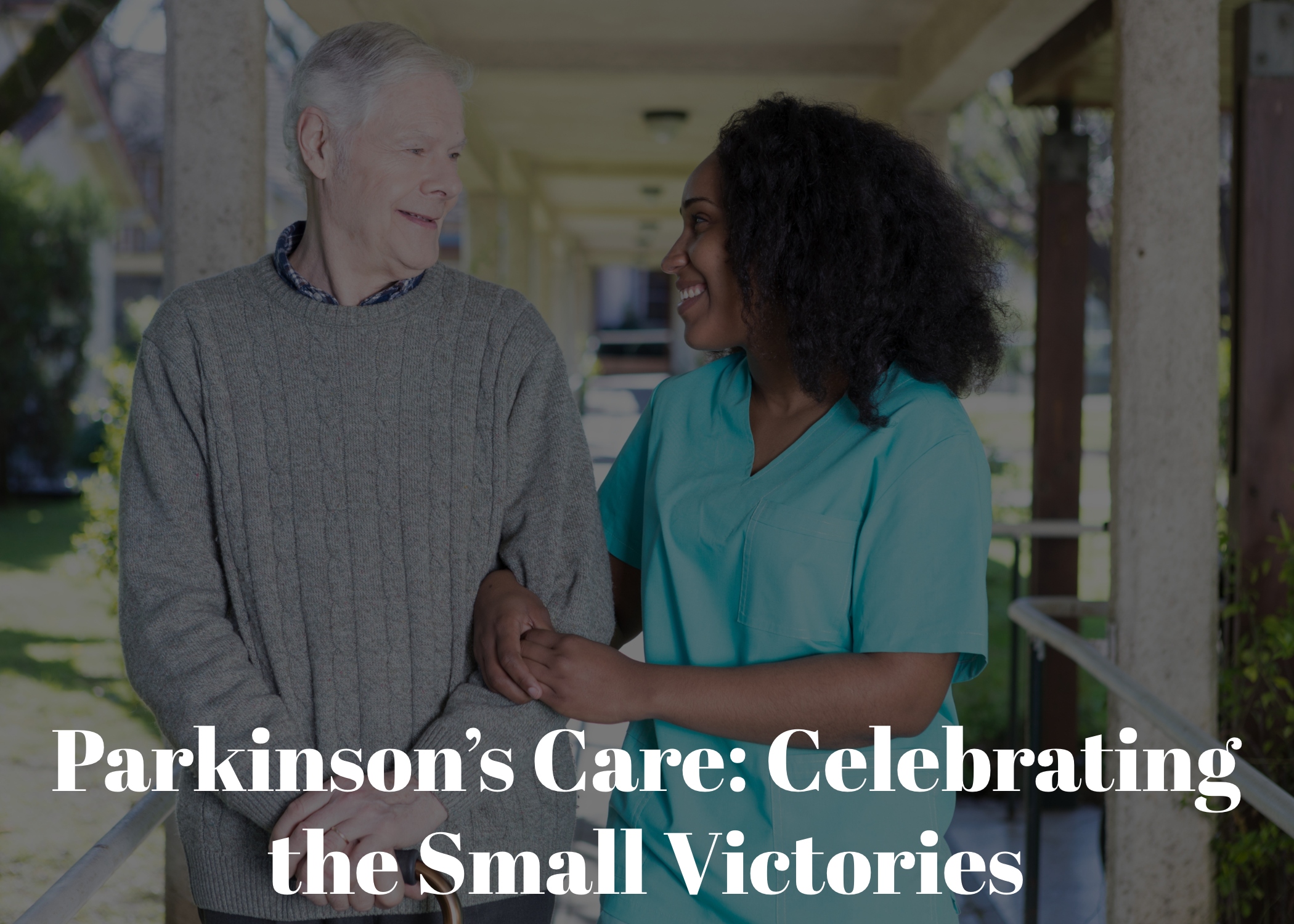60,000.
That’s the number of American’s who will be diagnosed with Parkinson’s Disease before the end of 2020.
1 million.
According to the Parkinson’s Foundation, that’s the number of people in the United States that are currently living with Parkinson’s Disease.
$52,000,000,000 (bn)
That’s the annual direct and indirect cost of treating Parkinson’s Disease in the United States alone.
The numbers don’t lie, and they are quite staggering. Parkinson’s is a prevalent issue, and without a current cure, raising awareness of the disease and educating the public is critical for future success in treating it. Which is why the Parkinson’s Foundation established April as National Parkinson’s Awareness Month in 1983.
In honor of the 37th annual National Parkinson’s Awareness Month, we wanted to share some of our expertise surrounding the Parkinson’s Disease.
So, what is Parkinson’s Disease?
Parkinson’s Disease is a “neurodegenerative disorder that affects dopamine producing neurons in the brain”. Overtime, this causes many people to experience symptoms such as: Tremors, Bradykinesia, Limb Rigidity as well as gait and balance problems.
In addition to the fact that there is no current cure for Parkinson’s, what causes the disease remains a mystery as well. However, there are a variety of ways to help mitigate and treat the disease such as medication and surgery.
So, how can you help your loved one who suffers from Parkinson’s Disease?
Though there are many aspects and challenges for a client with Parkinson’s we wanted to focus on the day-to-day in this blog post. The unknowns of the day-to-day caregiving are often the most stressful for caregivers.
Having systems in place of organization will make these situations seem less overwhelming. Living areas, kitchens and bathrooms can be adapted to help the decreasing cognitive and physical abilities of the client.
Make sure there are open pathways and remove obstacles such as rugs, decorations, etc. that may cause an accident.
Put grab bars in bathrooms and even along hallways. Designate hot and cold on faucets with labels. Leave items at chest or waist level so reaching won’t cause falls.
You will also need to help with daily tasks, such as dressing, teeth brushing, showering, and more. Confusion and unsteadiness make these seemingly standard tasks challenging.
A very common symptom of Parkinson’s is “freezing.” Help them to understand what is going on and proceed slowly, with care and compassion. A good way to help them move around easier is by pretending they are walking over something, or rock very slowly back and forth to get moving again.
Exercise, to any degree, is very important to one’s health and well-being. Sitting around will only make their mind diminish as well as the physical aspects. Encourage activity, communication and involvement socially as much as possible.
As the disease progresses, these things will become more and more challenging to do. Separate tasks into smaller manageable parts to encourage independence. The trenches won’t seem so deep then. Celebrate small victories in a big way!
We hope these tips help you as you care for your loved one with Parkinson’s Disease.
Wiser Home Care Services Can Help
At Wiser Home Care Services we understand the challenges of caring for a loved one with Parkinson’s Disease. Our caregivers receive special training to care for those with these needs.
We work with all medical professionals involved to develop a consistent plan of care tailored to the needs of each client.
Additionally, Wiser Home Care Services can provide support to a family caregiver when it comes to disease management. This allows families to spend more quality time together.
If you care for a loved one with Parkinson’s Disease and would like help developing a care plan of any kind, please feel free to contact us. We can help your family establish a care plan to personally accommodate your loved one’s needs.
Click here to request your free care assessment.

